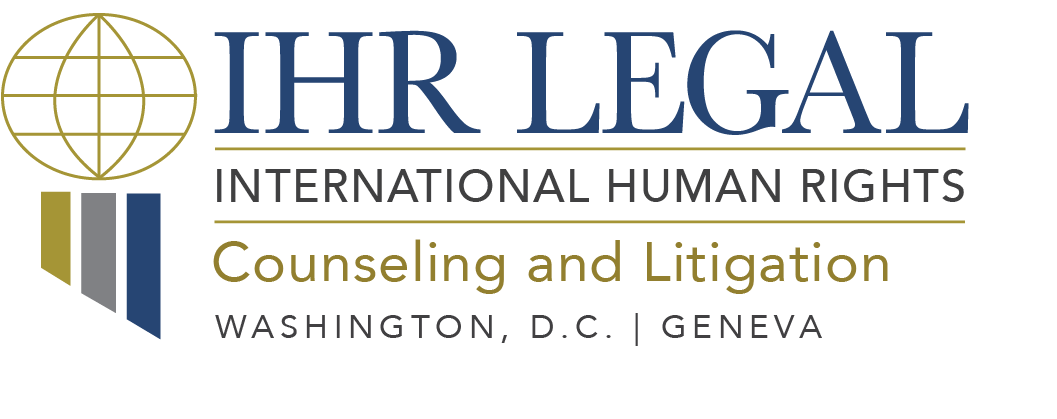Professional Assistance before the European Human Rights System
The European Human Rights System was created within the framework of the Council of Europe, and its main instrument is the European Convention for the Protection of Human Rights and Fundamental Freedoms.
In the European System, individuals can directly access the European Court of Human Rights (ECtHR). Thus, any individual or group of individuals who have suffered a human rights violation by a State that has accepted the jurisdiction of the ECtHR can bring a case before this court. Moreover, the ECtHR has jurisdiction to consider inter-State claims for human rights violations.
Proceedings before the ECtHR are divided into two stages: a decision on the admissibility of the complaint and a decision on the merits. If the complaint is clearly inadmissible because it does not meet the admissibility requirements, it will be decided by a single judge, whose decision is not subject to appeal. If the case is considered “repetitive” because the ECtHR has already decided similar cases, it will be decided by a committee of three judges. Finally, if the case is not considered “repetitive”, it will be decided by a chamber of seven judges. Exceptionally, the case may be referred to the Grand Chamber, the highest body of the ECtHR composed of 17 judges, in two ways: by appeal by either party from a judgment of the chamber, and by waiver by the chamber if the case raises a serious question affecting the interpretation of the Convention or if there is a risk of inconsistency with a previous judgment of the ECtHR.
Furthermore, when the Court receives an application, it may order interim measures, pending further consideration of the case, in circumstances of risk of irreparable harm. Lastly, the Committee of Ministers of the Council of Europe, composed of one representative from each State, monitors compliance with ECtHR judgments.
IHR LEGAL provides legal assistance with respect to international applications for human rights violations and requests for interim measures before the ECtHR.
Convention for the Protection of Human Rights and Fundamental Freedoms
Article 10 – Freedom of Expression
1. Everyone has the right to freedom of expression. This right shall include freedom to hold opinions and to receive and impart information and ideas without interference by public authority and regardless of frontiers. This Article shall not prevent States from requiring the licensing of broadcasting, television or cinema enterprises.
2. The exercise of these freedoms, since it carries with it duties and responsibilities, may be subject to such formalities, conditions, restrictions or penalties as are prescribed by law and are necessary in a democratic society, in the interests of national security, territorial integrity or public safety, for the prevention of disorder or crime, for the protection of health or morals, for the protection of the reputation or rights of others, for preventing the disclosure of information received in confidence, or for maintaining the authority and impartiality of the judiciary.
United States of America
1701 Pennsylvania Avenue, N.W.
Suite 200
Washington, D.C. 20006
United States of America
Switzerland
Rue de Pré-de-la-Bichette
Nations Business Centre, 6e Étage
1202 Genève, Suisse
(Mailing address / appointment only)
Phone: + 1 (202) 465-4814
Email: info@ihr.legal

